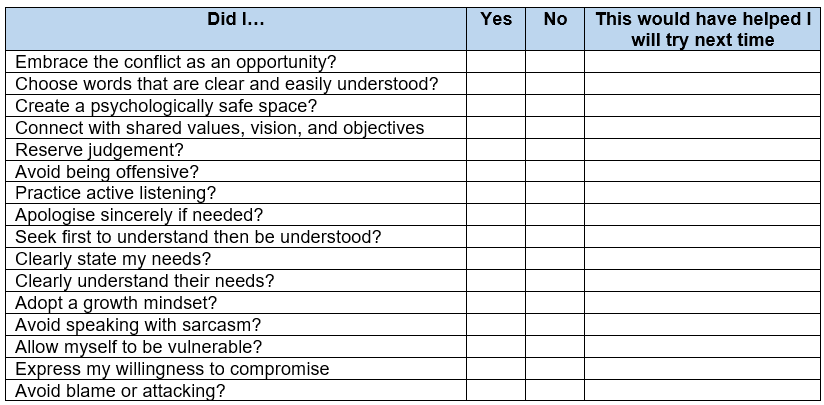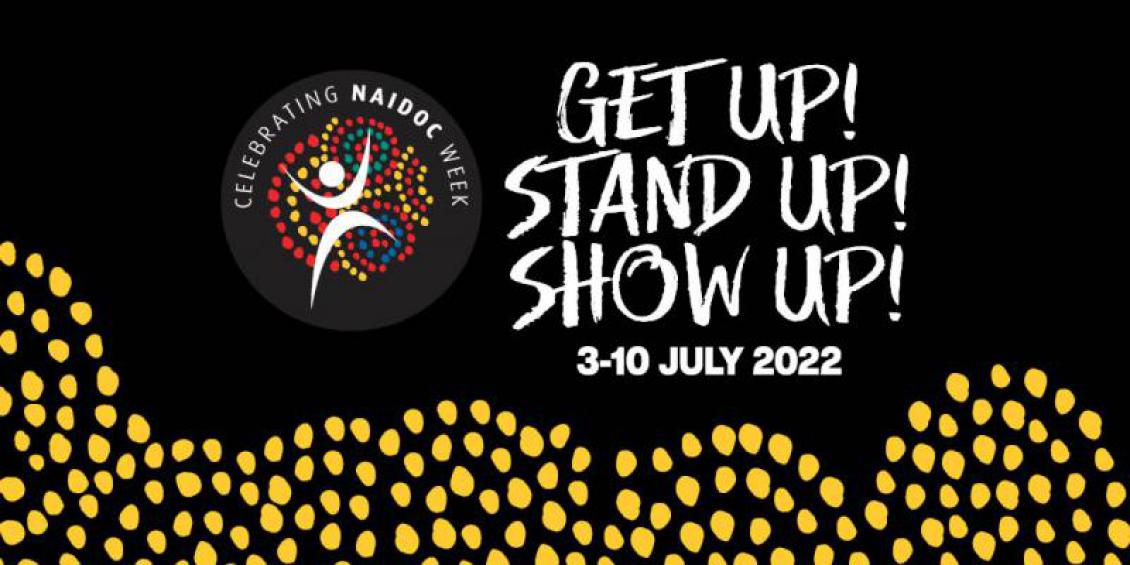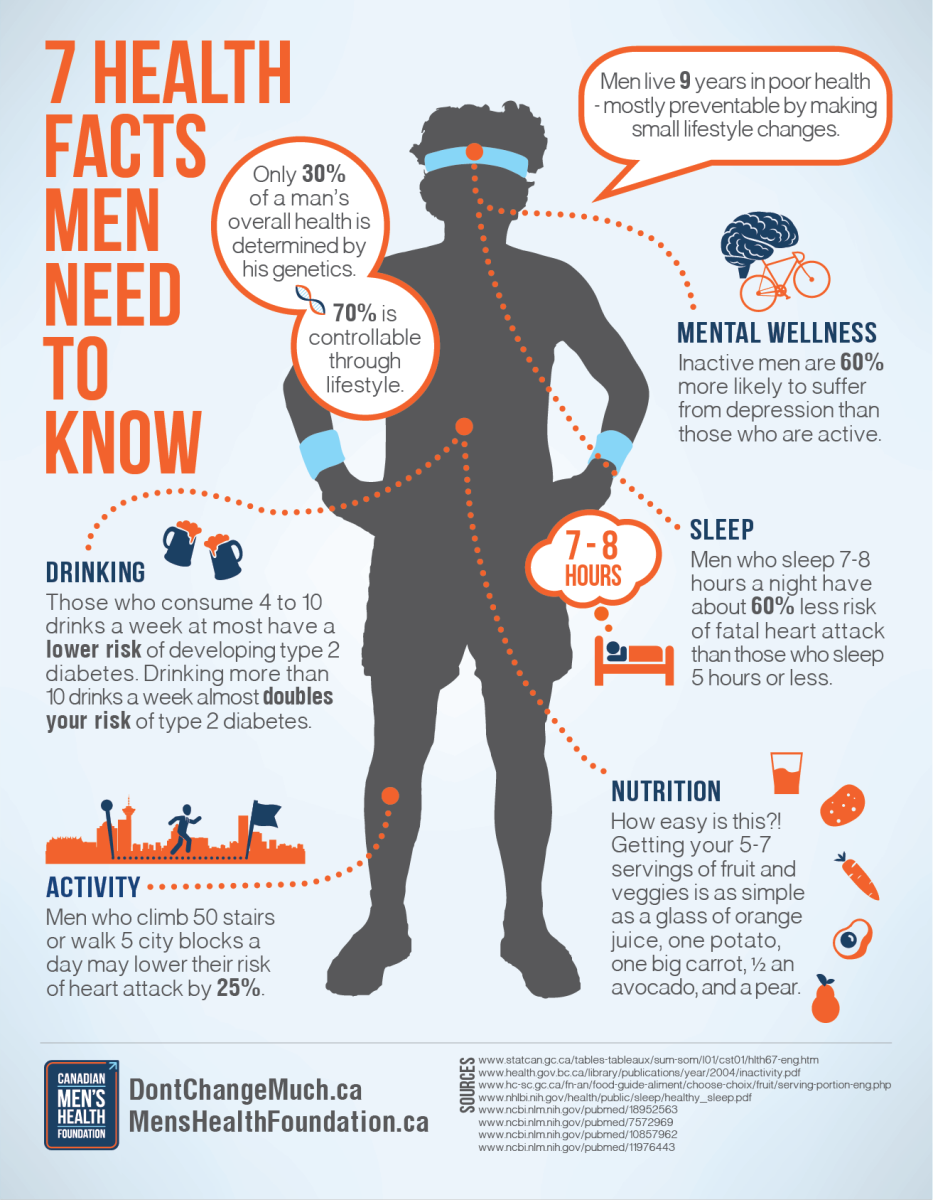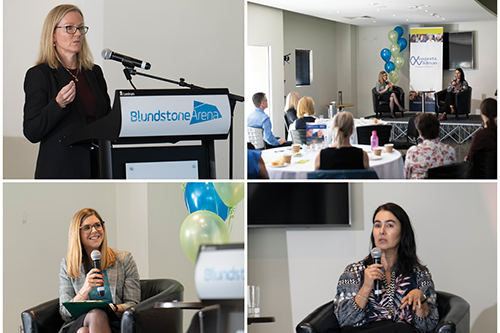We know we need sleep but how do we get a good night's sleep?
It's important to have sufficient, regular, good quality sleep so we can function effectively in our busy lives and help to maintain strong, robust immune systems. Nine hours a day is the standard health professionals suggest while realising that for many people, because of multiple competing demands, this is often difficult to achieve. The importance of short “nana naps” cannot be underestimated, as well as short, still “zone out times” during the day to help us to refresh our brains and bodies. If we review our sleep pattern there are probably some small things we can do to make our routine healthier – and we’re likely to then be surprised by the difference they make.
Some Useful Tips
- Aim to go to bed at a similar time as often as you can so you can have enough hours to help repair and heal the body from the stressors of the previous day.
- Spend a quiet period immediately prior to turning in to help your body and mind settle.
- A warm bath or shower before bed can trick the body into calming down, loosening.
- Get to know your body and the effects of alcohol, spicy food and other stimulants too close to your bedtime.
- It is preferable to keep your bedroom as distraction-free zones - no phones, TVs, iPads etc.
- Darkening the room so your body automatically prepares itself for rest can be helpful.
- If listening to music, keep the volume low enough and the type of music soothing enough, so you are likely to drift off.
- If you regularly wake up during the night and have difficulty falling back to sleep, remember that it may help to get up, have some water or a soothing tea, sit and quietly breathe, rather than lying in bed tense and frustrated that you are awake. Once we notice you are feeling more soothed and settled return to bed.
- Some people find it helps to read for a while or have a shower before trying again. It is to do with interrupting the pattern of tension and trying something different that may help to soothe your mind and body.
It is worth formulating your own list of practical, healthy, accessible, common sense ways to soothe your body and mind, so you can get optimised times of rest and rejuvenation.










